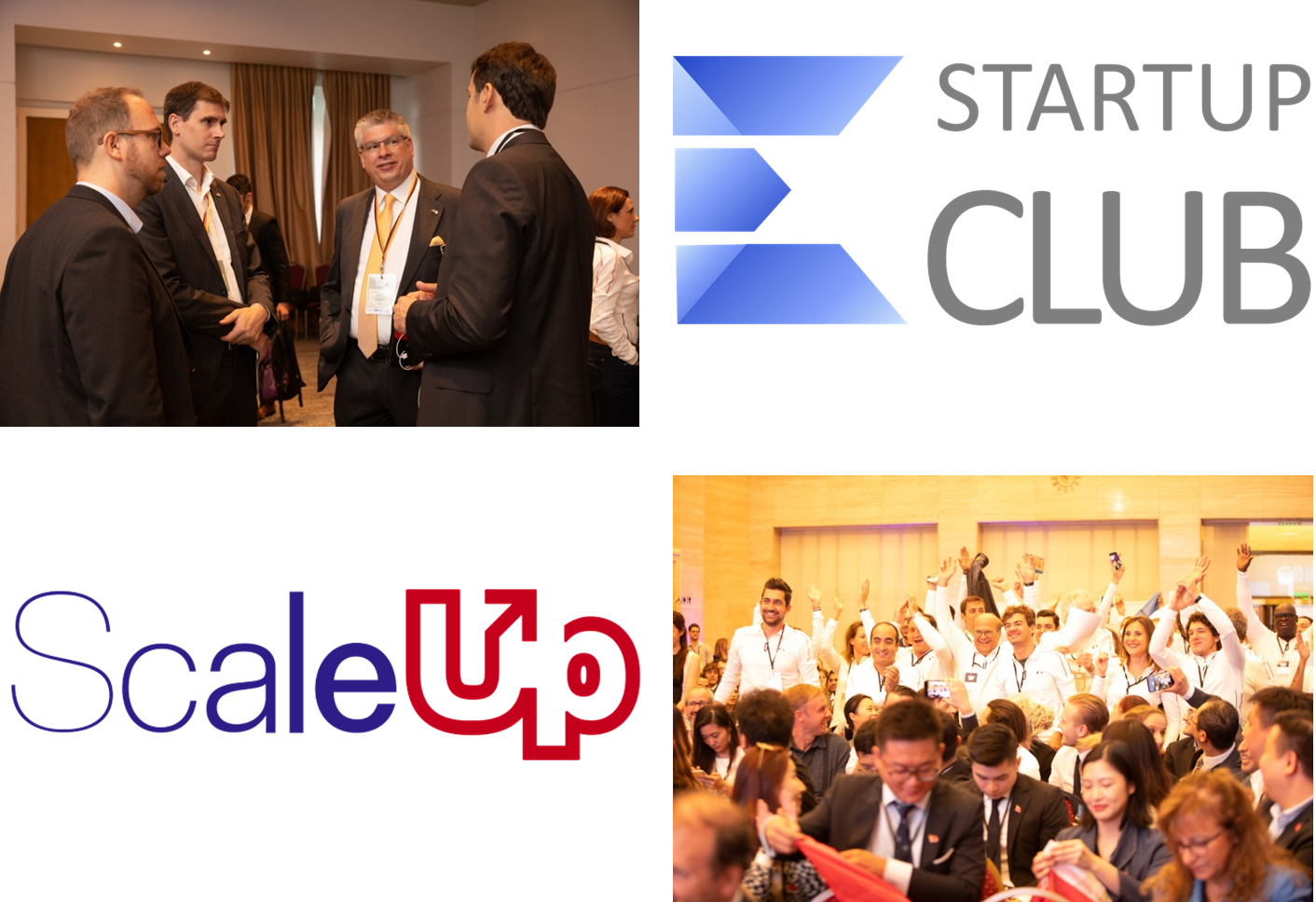Alternatives to Accelerator Programs
January 7, 2024
Alternative Funding Sources for Startups
Most everyone who applies to an accelerator will receive an email that says, 'No.' But being declined does not mean the end of your plans. There are many reasons an accelerator may decide you are not a good fit that have nothing to do with the validity of your business concept. Many companies have found success using bootstrap tactics and funding sources that are available outside an accelerator: Early seed funding - This money comes from your personal savings, home equity, and family and friends who have confidence in your idea and abilities. Venture capital - VCs exchange equity in your company for capital. The equity percentage is negotiable and is usually based on your valuation. If you can demonstrate high growth potential, VCs will be eager to become involved, and they may be even more attracted if you have been part of an accelerator. Partner financing - A strategic industry partner may be interested in helping fund your growth in exchange for special access to your product, staff, distribution rights, or some combination of those items. This option acts much like a venture capital investment because usually a percentage of your equity transfers to the partner, although it can also be royalty-based — a case in which the partner gets a percentage of every product sale. Angel investor - These individuals invest in startup or early-stage businesses that may not yet have the demonstrable growth that a VC is looking for. Usually, they will also provide help and guidance to give your company and their investment its best chance at success. Grants - Depending on the nature of your product, government grants may be available, particularly in the life sciences (see our article on New York). However, grants can be complicated to apply for, and recipients must meet research and development goals and have a high potential for commercialization. All businesses need capital to survive, and there are other ways to secure the funding you need without an accelerator. In any scenario, fundraising requires a serious time commitment. But with a precise pitch deck and a strategy that targets investors most likely to be interested in your project, you can achieve success. The Center for Entrepreneurship offers a great acceleration alternative: the Startup Club. Startup Club, launched globally in 2020, is an international program dedicated to supporting entrepreneurs from communities in 18 specific industries. It fosters collaboration through bi-weekly sessions where two entrepreneurs present their businesses, receiving valuable feedback and solutions from the community.
Key Organizations Supporting Entrepreneurship
The Global Entrepreneurship Network (GEN) operates a platform of projects and programs in 170 countries aimed at making it easier for anyone, anywhere to start and scale a business. The network is backed by renowned organizations such as the Ewing Marion Kauffman Foundation and the US Department Of State. GEN's initiatives range from policy advocacy to competitions and accelerators, all designed to bolster entrepreneurial ecosystems worldwide. Another key player is the Young Entrepreneurs Organization, which has a mission to engage leading entrepreneurs to learn and grow. The organization offers peer-to-peer learning, once-in-a-lifetime experiences, and connections to peers and experts, enhancing members' business growth opportunities.
